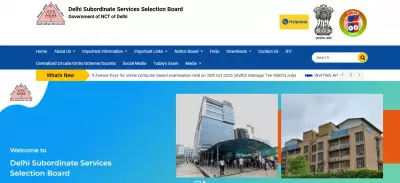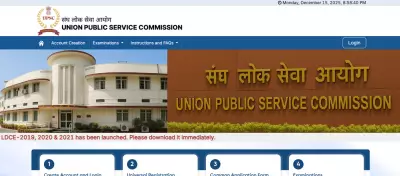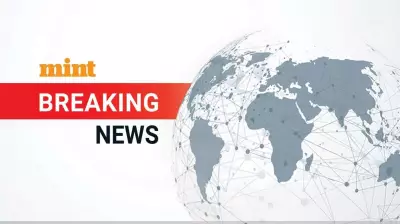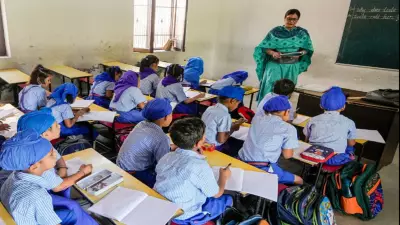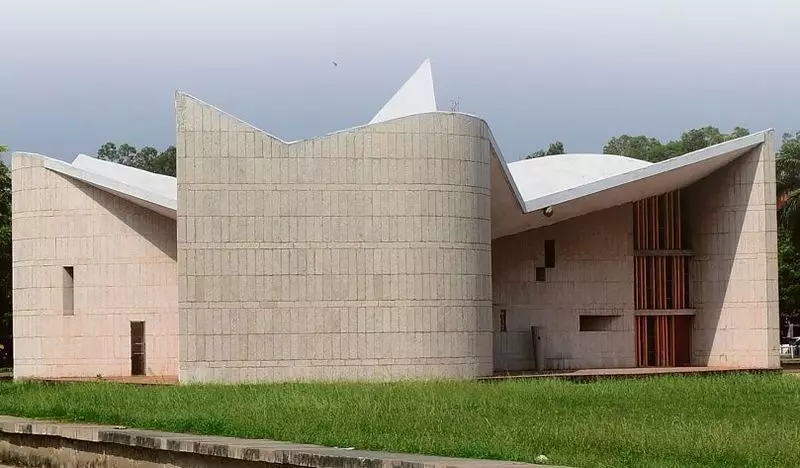
The hallowed corridors of Panjab University (PU) have become the epicenter of a raging political and legal storm as the Central Government proposes what many are calling the most radical overhaul in the institution's 74-year history. The controversial plan seeks to replace the university's democratic Senate with a nominated Board of Governors, sparking allegations of an academic takeover.
The Battle for PU's Soul
At the heart of the controversy lies a proposal from the Ministry of Education that would fundamentally transform PU's governance structure. The current Senate, comprising 91 members including elected representatives from various constituencies, would be dissolved in favor of a 15-member Board of Governors with majority government nominees.
This isn't just administrative restructuring—it's being portrayed as nothing short of an institutional coup. AAP MP Raghav Chadha has emerged as the face of opposition, declaring the move "an assault on Punjab's legacy and the federal structure of our country."
Constitutional Crisis in the Making
The legal battlefield is equally charged. Chadha has served a legal notice to the Centre, arguing that the proposed changes violate the Panjab University Act of 1947 and, more significantly, strike at the very heart of India's federal structure.
"This isn't merely about university administration," explains a constitutional expert familiar with the case. "It touches upon fundamental questions about state rights, institutional autonomy, and the delicate balance of power between the Centre and states."
Political Lines Drawn in Academic Sand
The controversy has sharply divided political parties along predictable lines. While the AAP and Congress have united in opposition, the BJP defends the move as necessary modernization. The timing is particularly sensitive, with the proposal emerging just months before crucial Senate elections scheduled for September.
What makes this conflict particularly explosive is PU's unique character. Unlike most universities, PU receives 60% of its funding from the Government of India while being located in Union Territory Chandigarh and serving primarily Punjabi students. This hybrid status has created what critics call a constitutional anomaly that the current proposal seeks to exploit.
Stakeholders Fight Back
The proposed changes would dramatically alter representation:
- Elected Senate members would be reduced from 91 to just 4 in the new Board
- University teachers would lose their elected representation entirely
- Graduate constituencies would see their voice significantly diminished
- The majority control would shift to government-appointed nominees
Faculty associations and student groups have mobilized resistance, arguing that the move would destroy PU's democratic character and turn it into just another centrally controlled institution.
What's Really at Stake?
Beyond the immediate political drama, this confrontation raises profound questions about the future of higher education in India. Is this genuine reform aimed at improving governance, or is it, as opponents claim, "the first domino to fall in a larger plan to centralize control over universities nationwide"?
The legal notice gives the Centre a 15-day window to respond before the matter moves to the courts. Meanwhile, the university community holds its breath, aware that the outcome could redefine not just PU's future but the landscape of Indian higher education for generations to come.

